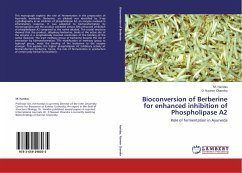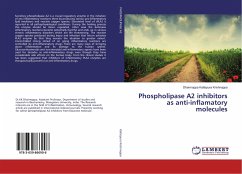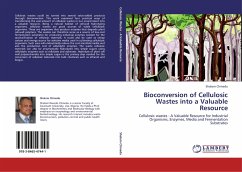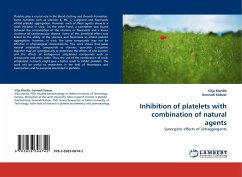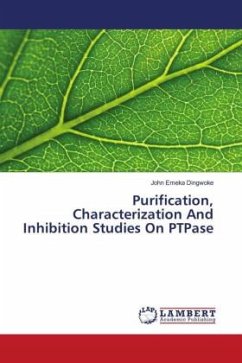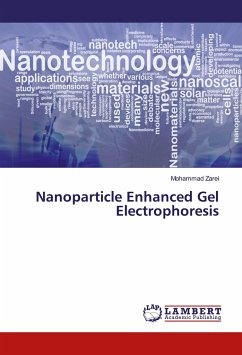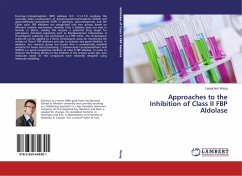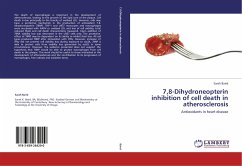This monograph explains the role of fermentation in the preparation of Ayurvedic medicines. Berberine, an alkaloid was identified by X-ray crystallography as an inhibitor of phospholipase A2, an enzyme involved in inflammatory response. It was subjected to biotransformation by microorganisms and the product exhibited almost 30% enhanced inhibition of phospholipase A2 compared to the native alkaloid. The crystal structure showed that the product, dihydroxy berberine, binds at the active site of the enzyme in a longitudinally inverted orientation of the binding of the native molecule. The inert methoxy group of berberine became the site of interaction by biotransformation. The modification of methoxy group to hydroxyl group, made the binding of the berberine to the enzyme stronger. This explains the higher phospholipase A2 inhibitory activity of biotransformed berberine, hence, the role of fermentation in production of certain poly herbal formulations.
Hinweis: Dieser Artikel kann nur an eine deutsche Lieferadresse ausgeliefert werden.
Hinweis: Dieser Artikel kann nur an eine deutsche Lieferadresse ausgeliefert werden.

